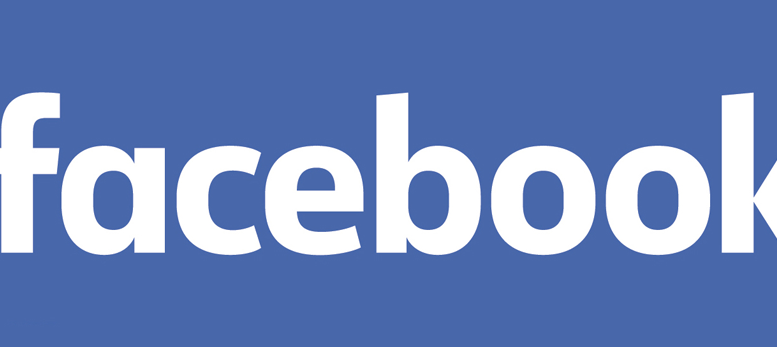There’s a lot of distrust of Facebook all of a sudden. You certainly don’t need me to tell you that. Trendy people say that you should delete the app, but I suspect very few people have. Let’s look at some facts, and then I’ll give you an opinion based on my years as a social media professional.
Facebook knows everything about you.
It’s abundantly clear that Facebook is able to mine a huge amount of information about you. It’s not just your gender, age, and home city. You give that up willingly. Facebook’s servers watch everything you do. They look at every photo that has you in it (whether or not you’re tagged.) They look at the ads that other companies are serving you. They look at the pages that pique your interest. Even if you never personally disclose anything, your behavior gives you up.
They sell that information to other companies.
The profile they’ve built is valuable. It’s how Facebook makes money. They know enough about you that they can deliver you to advertisers who want to reach you. Sometimes, that’s gotten them into trouble.
Companies big and small are looking for “extremely targeted audiences.” A company that makes “Proud to be a Jackson” t-shirts is looking for people named Jackson. A company that sells flashlights is looking for people who need to see in the dark. Facebook collects so much information that their profiles are really accurate.
Unfortunately, those profiles are complete enough that they can usually guess your sexual preferences, your politics, and your health history. They can tell how likely you are to click on political posts. A lot of this isn’t illegal, but it sure begins to sound like it should be.
And it’s all beginning to come to light.
Using social media to influence elections dates back a decade to the 2008 presidential election. Still, it’s fair to say that candidates used social in a completely different way last year. If you believe a lot of what’s said, there were agencies specifically funneling stories into Facebook to influence people’s thinking. Some of those agencies weren’t even American and some of those agencies may have been foreign governments. That may actually be illegal.
What should you do now?
It’s obvious now. Facebook shows us things we want to see, and sometimes that convinces us that the world is different from the way we imagine it. There’s enough evidence that Facebook shows different news stories to people with different political views. There’s even evidence that “happy” posts have more reach than sad or angry ones.
Does that mean you should delete Facebook? I’m going to say NO. However, you should stop treating it like a news source. It’s a wonderful place to find out that someone you know had a baby, or that a high-school friend is still out there somewhere. It’s great for companies to have a presence on Facebook so they can be found. People use it to share experiences, promote events, and learn more about their communities. All this is a good thing.
Facebook, like much of the internet, is a tool that is so new we’re still learning how to use it. And it’s a powerful tool, one that doesn’t deserve to be discarded as it goes through growing pains.
Here are my suggestions
First, stop taking quizzes. Quizzes are an easy way for companies to learn things about you. Pay specific mind to any quiz that mines you for personal information. “Are you more of a millennial than GenX?” This quiz could be used to determine your age with laser focus. “Do you belong in the Midwest?” This quiz definitely pulls a lot of information usable to advertisers. With enough personal information, algorithms can go to work on your “security questions” and gain access to your accounts.
Second, continue to enjoy Facebook as a way to connect with friends all over the world. Just skip past news stories, especially the ones that look really interesting. Instead, search for more information through several sources. Historically the articles that make it onto Facebook are the one-sided ones. That’s not news.
Third, keep patronizing companies that use Facebook (for example, Solid Signal.) Most companies with a Facebook presence aren’t out there to steal your information, they’re just trying to compete in a complicated world. Don’t be afraid to like a company or follow them. Yes, it ends up being part of your “psychographic profile.” That profile has data from many sources. Ignoring a company that you do business with won’t stop them from collecting your data.
The bottom line
Most importantly, be smart. I have said this before — don’t post “I’m away for three weeks, I hope I remembered to lock the front door.” That’s a pretty blatantly dumb thing but there are other things that aren’t quite so obvious. Don’t post when you’re going to be away from the home. Don’t post that someone broke into your home, because that means your home’s insecure. Don’t post anything that you wouldn’t tell a stranger at the DMV or on the subway. Your posts may be private, but do you really trust all 1,000 friends you claim that you have?
Give the people at Facebook some time to grow. I’m not saying they should be blameless with some of the problems that we’ve seen. The internet is a growing changing thing. You can’t forecast every weird way it will be used. At least as I write this article, it seems like the people at Facebook are serious about making meaningful changes. People are also getting a lot wiser about how they use it, and I really hope that those two things combined mean a strong future for social networking, where we are careful but we can feel secure.





